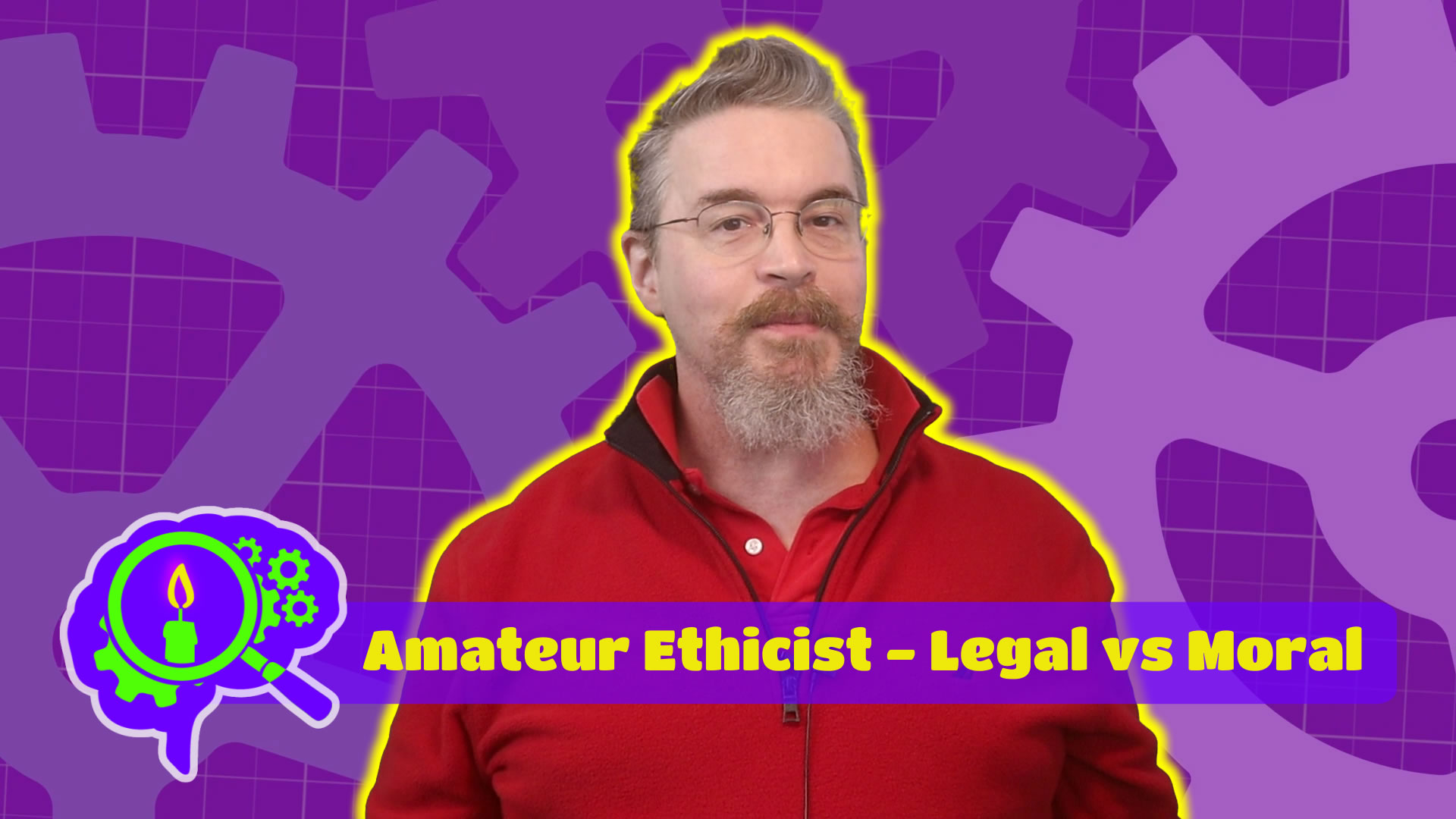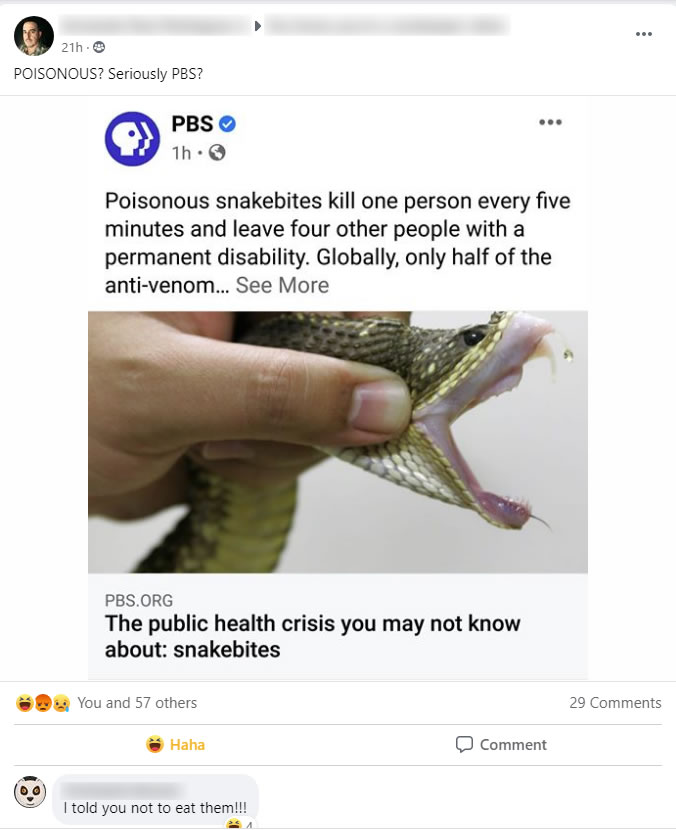Just because something is legal doesn’t mean it’s moral. Likewise, just because something is illegal doesn’t make it immoral. Laws are often grey. That’s the topic of this segment.
Continue reading “Legal vs Moral”Watch for the Hidden Wrong Facts in a Meme.
Plant Group on Facebook Melts Down
Let’s Fix Our Voting System
Each of us gets a vote. Sounds fair right? Well, I’m here to tell you, it’s not.
Hi, this is Chris, the Amateur Ethicist, and on this channel we discuss the crossroads between convenience and technology. If you’re into that kind of thing, why not subscribe, like and share. But I just said our voting system isn’t fair. How can that even be? Continue reading “Let’s Fix Our Voting System”
It’s Time to Abolish Gerrymandering
If you could make it so your party would win every election, would you do it? Would you take the steps necessary to fix the vote so that even if your party became a minority, it would still take a majority of legislative seats? Continue reading “It’s Time to Abolish Gerrymandering”
Choosing a President
We can’t all be the smartest person in the room, Right?
Hi this is Chris the Amateur Ethicist. Today I’m talking about what it takes to become president, and a common sense view on voting for one. On this channel, I talk about the crossroads between convenience and technology. If you’re interested in that kind of thing, I hope you’ll join me. Subscribe, hit the like button, ring the bell icon and share this channel with your friends. Let’s talk about this. Continue reading “Choosing a President”







